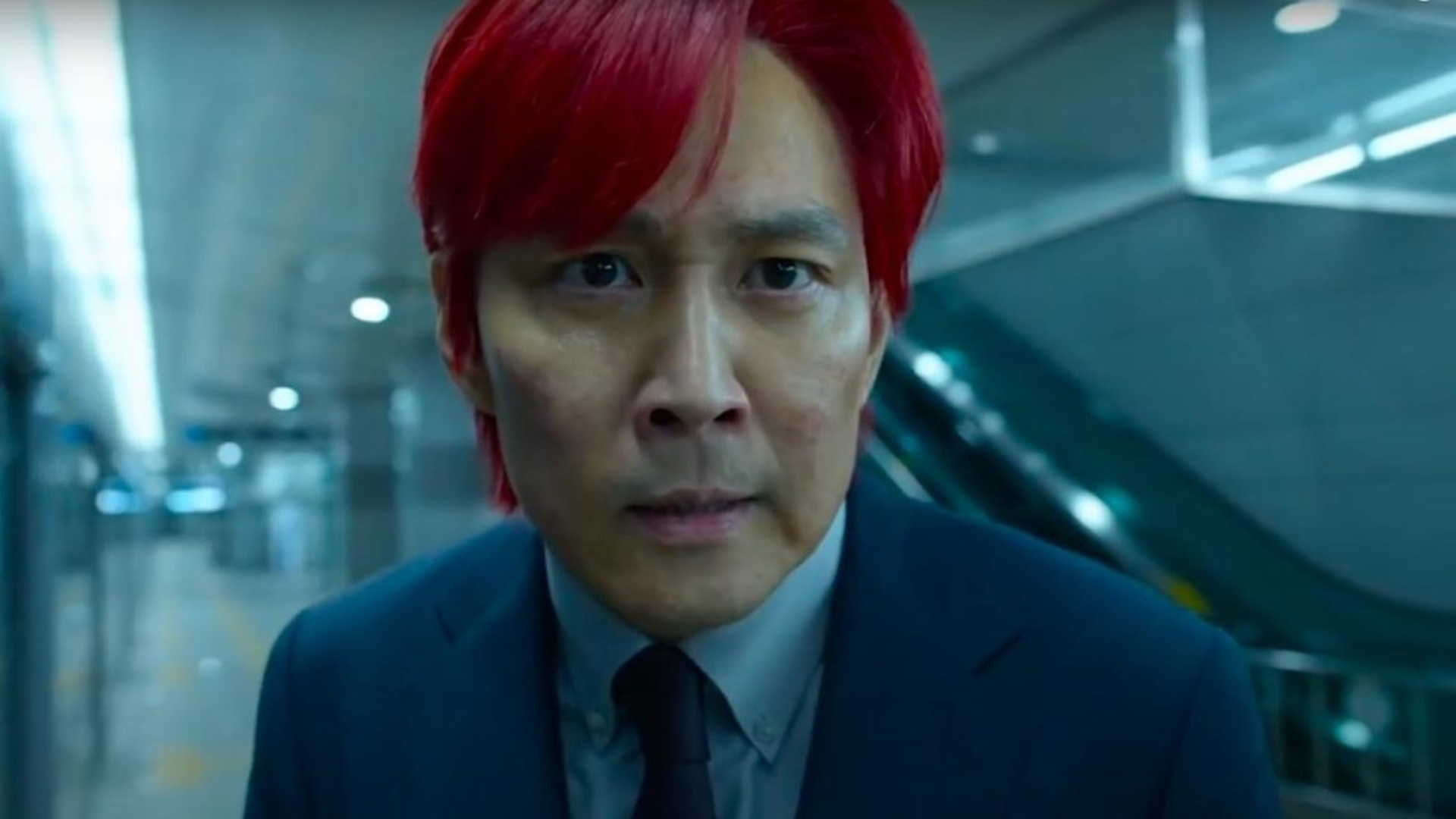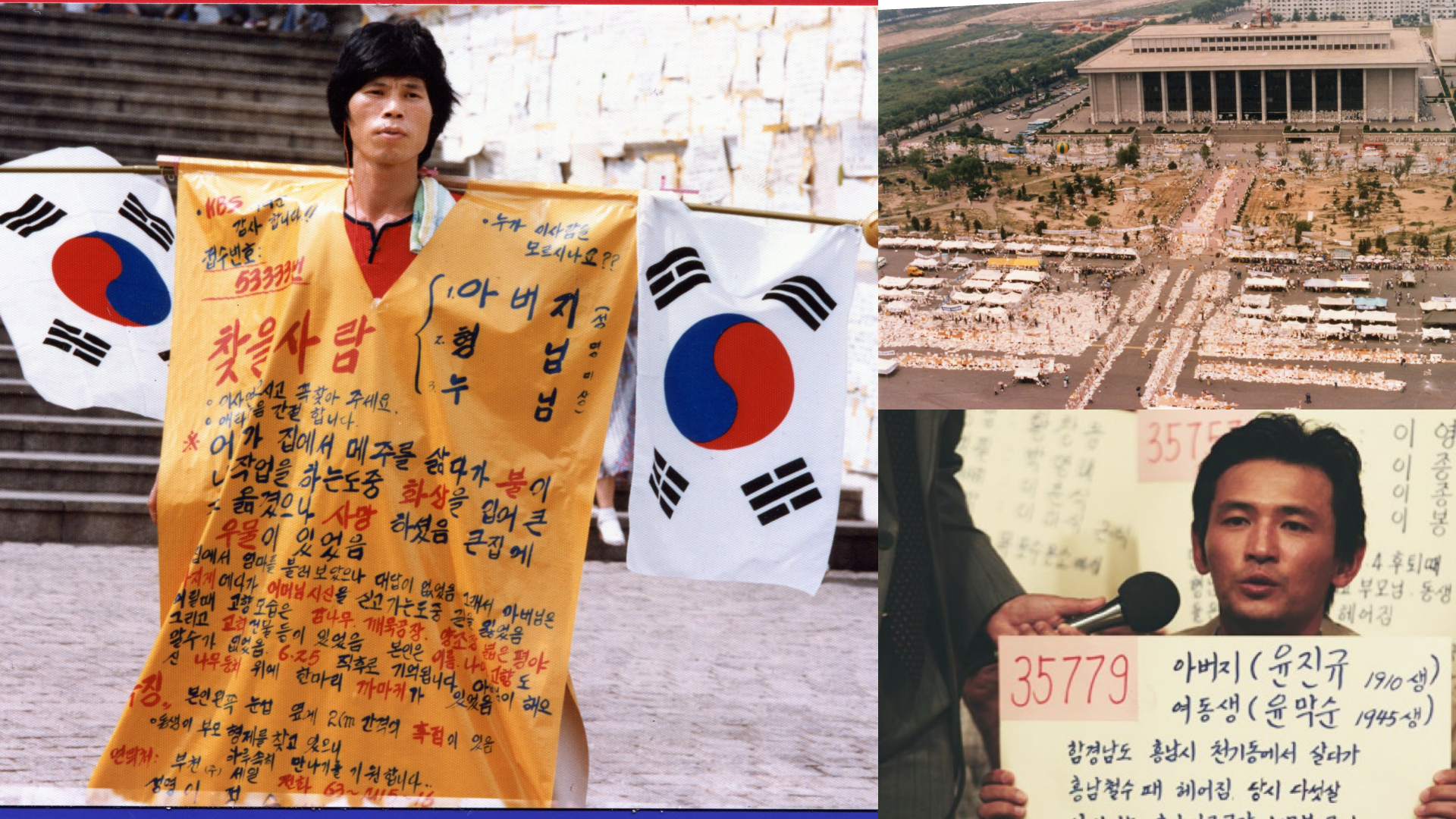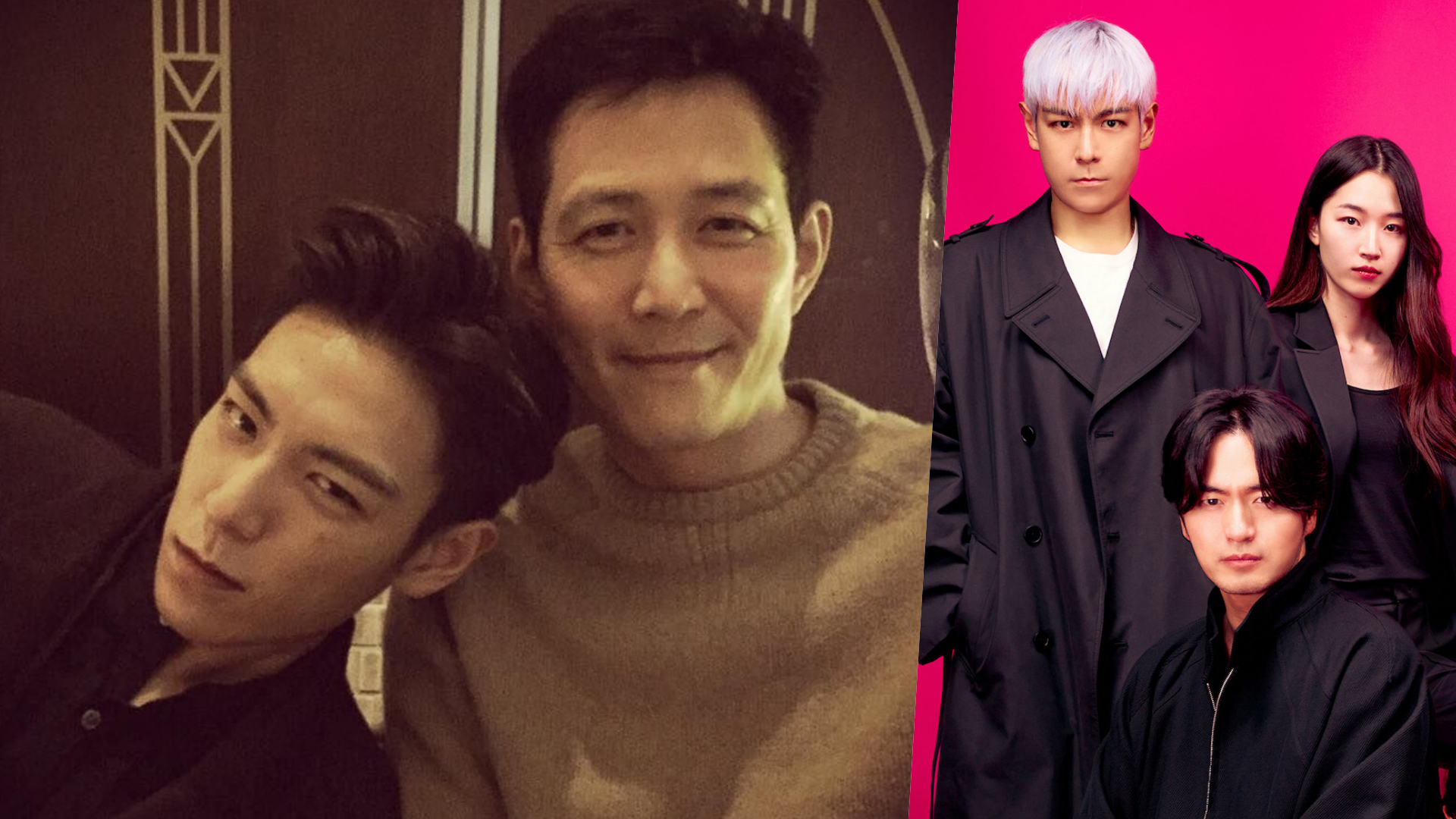Misogyny in Korean Entertainment Industry: A Case Study of Lee Jung Jae
Misogyny, systemic discrimination, and prejudice against women is a global issue that manifests itself in various societies and industries, including South Korea. Korean society, with its deeply rooted patriarchal traditions and gender-based stereotypes, struggles with gender inequality. Let’s explore the prevalence of misogyny in Korean society, with a specific focus on its manifestation in the entertainment industry. Not to mention the case of Lee Jung Jae, a celebrated actor who has faced charges of driving under the influence (DUI) twice, examining the contrasting responses to his actions compared to female celebrities.
1. Korean Society and Misogyny:
Korean society is deeply influenced by Confucian values, emphasizing hierarchical relationships and traditional gender roles. These societal norms perpetuate a system that marginalizes women and reinforces gender inequality. While significant progress has been made in recent decades, there are still persistent issues such as gender wage gaps, limited opportunities for career advancement, and societal expectations that pressure women to conform to specific roles and appearances.
2. Misogyny in the Entertainment Industry:
The entertainment industry often reflects broader societal attitudes, and South Korea’s entertainment industry is no exception. The industry places a significant emphasis on appearance, where female artists are subjected to intense scrutiny and pressure to maintain unrealistic beauty standards. This objectification of women in the media perpetuates harmful gender stereotypes and contributes to misogyny in society.
3. Lee Jung Jae: A Case Study:
Lee Jung Jae, a renowned South Korean actor, provides a notable example of double standards within the entertainment industry regarding gender-related issues. Despite being charged with DUI twice, Lee Jung Jae’s career has remained largely unaffected. He continues to enjoy immense popularity and success especially when his Netflix drama, Squid Game, became a global phenomenon. This leniency can be attributed to the prevailing misogyny in Korean society. It can also be attributed to the industry’s tendency to overlook male actors’ misbehavior while scrutinizing and disproportionately punishing female celebrities.
4. Gender Disparities in Celebrity Scandals:
When female celebrities face scandals or controversies, they are often subjected to intense public scrutiny and harsher consequences than their male counterparts. The entertainment industry and the media often amplify these incidents, leading to severe reputational damage and career setbacks for women. This disparate treatment highlights the deeply ingrained misogynistic biases present within Korean society and the industry itself.
5. The Role of Media and Fan Culture:
The media plays a significant role in perpetuating and normalizing misogyny within the entertainment industry. Tabloid journalism and paparazzi culture often prioritize scandalous stories involving female celebrities, contributing to women’s objectification and devaluation. Furthermore, fan culture in South Korea can also perpetuate misogyny by supporting male celebrities despite their misbehavior. This will enable a culture that tolerates and forgives their actions.
6. Initiatives for Change:
While challenges persist, Korean society and the entertainment industry are continuing to combat misogyny and promote gender equality. Activists, feminist organizations, and progressive voices within the industry have been working to raise awareness, challenge gender norms, and demand accountability from both the media and the public. Additionally, the #MeToo movement in South Korea has shed light on sexual harassment and assault, prompting discussions about power dynamics and gender inequality.
Misogyny remains deeply entrenched in Korean society, and its manifestation in the entertainment industry reminds us of gender inequalities. The case of Lee Lee Jung Jae, a celebrity who faced DUI charges without significant consequences, exemplifies the double standards female celebrities often endure. To foster a more equitable society and industry, it is crucial to challenge societal norms, promote accountability, and support initiatives that empower women in the face of misogyny. By actively addressing these issues, South Korea can progress toward a more inclusive and equal future.




